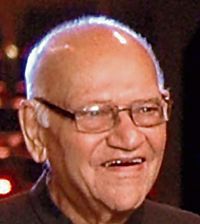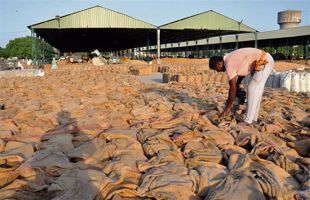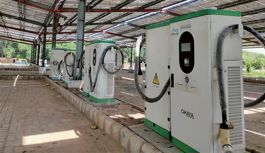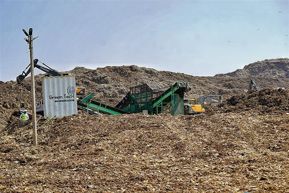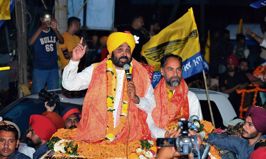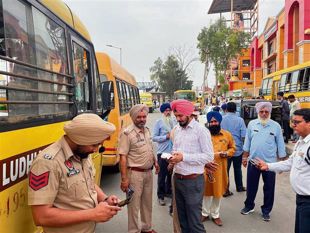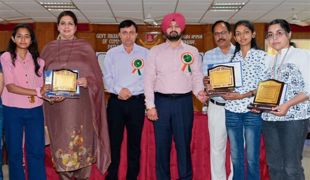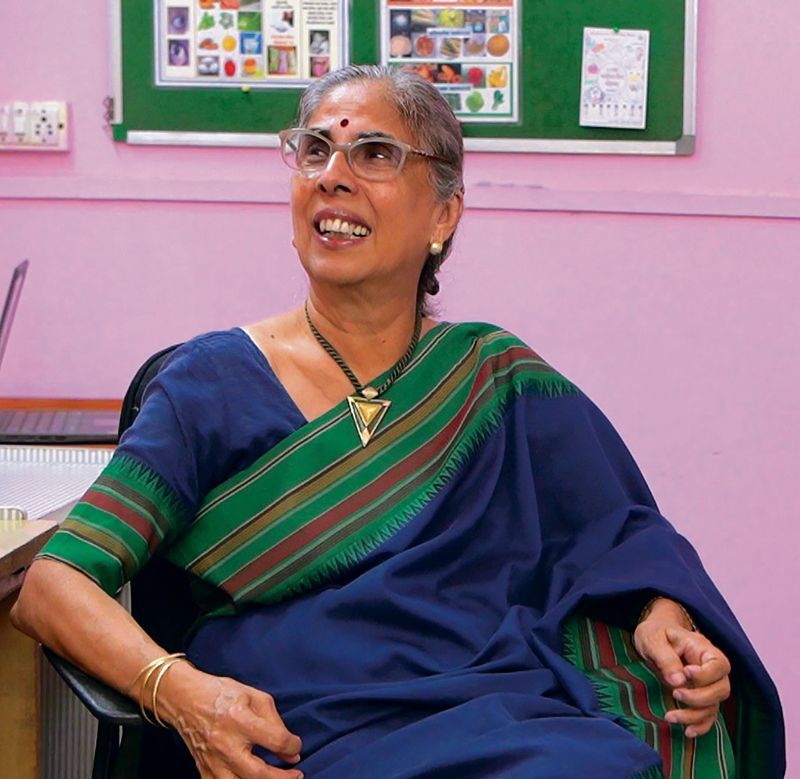
Mission: The NGO founded by Dr Armida Fernandez addresses the problems of high neonatal and maternal mortality as well as violence against women and children. File photo
LET us take a breather from the cut-throat world of politics in our beloved country and talk instead of the positive work done by extraordinary individuals that should light up our existence.
SNEHA’s integrated approach seeks to break the inter-generational cycle of poor health, a major byproduct of poverty & deprivation.
When I wrote about Dr Madhav Sathe’s work with rural children, predominantly from the tribal community, I did so with the goal of getting our youth motivated to help the less privileged without seeking monetary or other rewards. There are many such individuals who work selflessly for society’s marginalised without seeking recognition. But recognition has its own dimensions. It encourages those in a position to help those in need of help, thus making Indian society more compassionate and caring.
I wrote this article on International Women’s Day. My daughter, Ana Saldanha, was honoured by the DY Patil College of Law in Navi Mumbai for her work with the youth. Justice Indira Banerjee, a former judge of the Supreme Court, presented her and four other women achievers with the award. Ana, very understandably, was thrilled. The smile on her face made me think: there are many concerned citizens who spend time and energy helping to improve the quality of life of their unfortunate brothers and sisters. Some have devoted their entire lives to such work.
Dr Armida Fernandez is one such exemplary citizen, a woman and a doctor, about whom I am writing with the hope that other citizens are inspired to emulate her commitment to society at large.
Ethics prompt me to make a personal disclosure: she is closely related to me. Her father, Prof Armando Menezes, a former Principal of Karnatak College, Dharwar, and later Rajaram College, Kolhapur, was my maternal grandmother’s first cousin. More importantly, the relationship between our two families has been extremely close. I have known Armida since she was a baby. Her eldest sibling (she is the youngest of seven), George, was born a month before my birth. Another brother, Luis, was an IAS officer of the 1959 batch (Tamil Nadu cadre). He retired as a Secretary in the Government of India.
Armida was and is even today a leading neonatologist. She retired as the Dean of Lokmanya Tilak Municipal Hospital, Mumbai, also known as Sion Hospital. On retirement, she turned down numerous offers from private hospitals, preferring to found SNEHA (Society for Nutrition, Education & Health Action), an NGO that addresses the twin problems of high neonatal and maternal mortality as well as violence against women and children, so common in Mumbai’s sprawling slums where lack of space overshadows the joy of living.
Armida has done path-breaking work in breast-feeding, an interest she shared with my friend and co-trustee in the Public Concern for Governance Trust, Dr Raj Kumar Anand, a native of Punjab who is settled in Mumbai. It was Armida who founded Asia’s first human milk bank in 1989.
The NGO she founded in 1999 has spread its wings from one slum to numerous slums across the city. Today, SNEHA covers informal settlements across 10 municipal corporations around Mumbai. After the death of her only child, Romila, to cancer, she and her husband, Dr Rui Fernandez, started the Romila Palliative Care Centre (RPCC) in 2017. The centre has reached out to over a thousand patients with life-limiting illnesses, providing them and their care-givers comfort and relief from suffering.
Good health enables people to build better lives. It is the foundation of a child’s ability to learn. Armida believes that to bring about a change in the health status of the most vulnerable communities, preventive strategies are required. SNEHA has worked with slum-dwellers to improve maternal and newborn health, child health and nutrition, sexual and reproductive health of adolescents, and also addressed gender-based violence against women and children, incidentally a problem that is not unknown even in the affluent sections of urban society.
Over the past 25 years, SNEHA has reached out to a beneficiary base of over 2,50,000 through a combination of interventions and succeeded in decreasing stunting in children below two years by 27 per cent and maternal anaemia by 23 per cent. Over 50,000 women who had experienced violence have been helped with services and counselling. Over 5,000 healthcare workers, police personnel and lawyers have attended training sessions organised by SNEHA.
SNEHA’s integrated life cycle approach seeks to break the inter-generational cycle of poor health, a major byproduct of poverty and deprivation. Its life cycle approach intervenes at critical junctures — adolescence, pregnancy, childbirth, post-partum and early childhood — to bring about improvements in the health and nutrition of communities living on the margins of a megapolis.
SNEHA uses a two-pronged strategy across its programmes. It partners with vulnerable communities to improve health-seeking behaviour and awareness of health services. It works extensively with public health systems and healthcare providers to improve service delivery through training, capacity-building and advocacy.
Her model has succeeded, and that encouraged Armida to turn her attention to the RPCC. Since she had trained and mentored several young people in whose abilities and commitment she placed total confidence, she was able to entrust the management of SNEHA to them, continuing as the non-executive president and mentor of that now well-known organisation.
It has been a labour of love and mercy conducted over 25 years. Armida is in her eighties now. Her husband, a dermatologist of integrity and renown, died some months ago. She now soldiers on in the RPCC.
Join Whatsapp Channel of The Tribune for latest updates.






